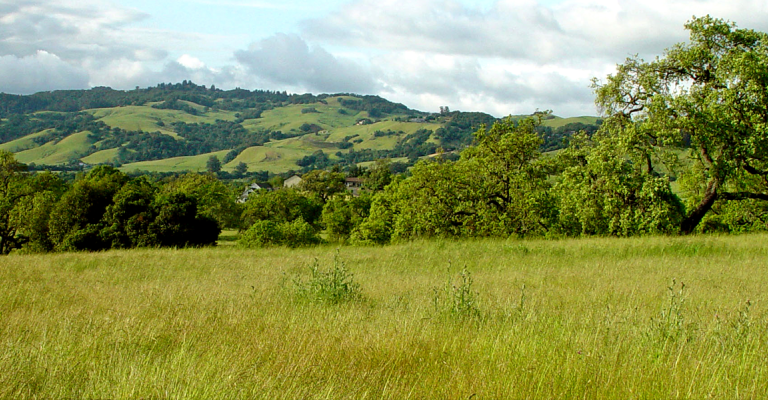Tools for Critical Analysis
Watch Reflection in Service-Learning Part II, a video from St. Mary's College of California.
Thinking critically about service may be new for students. For many students, it takes explicit attention to the reflection process before they become thoughtful about what they do, and reflection is not routinely built into most community work.2 Many students are not challenged by sharing their personal experiences with service or by doing the service itself. However, some may be resistant to addressing the critical thinking goals of academic service-learning. Students may write the "transformational essay," thinking that it is what faculty want and expect to hear. This can be a bigger challenge to grade, as service-learning is a transformational process. If you are getting the "it changed my life" essay without evidence, it is possible that the student did not fully connect their service to the course goals and you may want to clarify the purpose of service-learning and critical analysis with them.
Additionally, some students may have an expectation of being thanked or rewarded for their service. As they do not expect to be thanked for completing the other course assignments, this may mean that students are continuing to think of their service-learning as volunteerism or community service and do not see the community partner as an educator. This may be a good time to do the thank you note activity.
There are many other activities you can borrow or adapt for your service-learning class's critical analysis.
- The Practitioner's Guide to Reflection in Service-Learning: Student Voices and Reflections includes dozens of critical analysis activities broken down into student learning styles (reading, writing, doing, telling) and course learning goals. Copies are available for SSU faculty in the CCE. Please contact [email protected] to request a copy.
- Facilitating Reflection Manual from the University of Vermont
- Service-Learning: Using Structured Reflection to Enhance Learning from Service from Campus Compact
- Chart for planning timing and location of critical analysis activities
- Thank you note activity
- What? So What? Now What?
- Focus on Self; Focus on Service; Focus on Experience
- “Why do Service-Learning?” is a handout for students in your service-learning course(s).
- Rights and Responsibilities is a handout for students in your service-learning course(s).
- Guidelines for SSU Service Projects is a handout for students in your service-learning course(s).
- Have a class discussion or written analysis of a poem. Here is a discussion guide from the Center for Civic Reflection for Etheridge Knight's "A Wasp Woman Visits a Black Junkie in Prison."
- Critique service and explore the distinctions and overlap between charity and social justice work. Here's a one-page essay to get you started or contact [email protected] for more ideas.
- Help students prepare for service-learning with selections from this video series from Boise State
- Inspirational reading about service
- CCE staff are available for in-class introductions to service-learning for students. This presentation includes a knowledge survey to help students map their understanding of service-learning, a guided meditation providing a faculty member's perspective on using service-learning pedagogy, defining service-learning, and a safety and behavior discussion. Please contact [email protected] to request a class visit.
1Eyler, J., & Giles, D. E. (1999). Where's the learning in service-learning? San Francisco: Jossey-Bass.
2Moore, D.T. "Discovering the Pedagogy of Experience." Harvard Educational Review, 1981, 51(2), 286-300. in Eyler, J., & Giles, D. E. (1999).
3Where's the learning in service-learning? San Francisco: Jossey-Bass.


